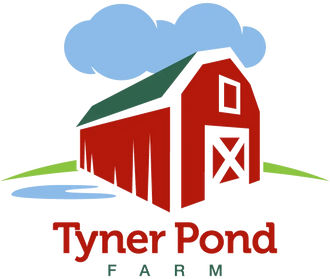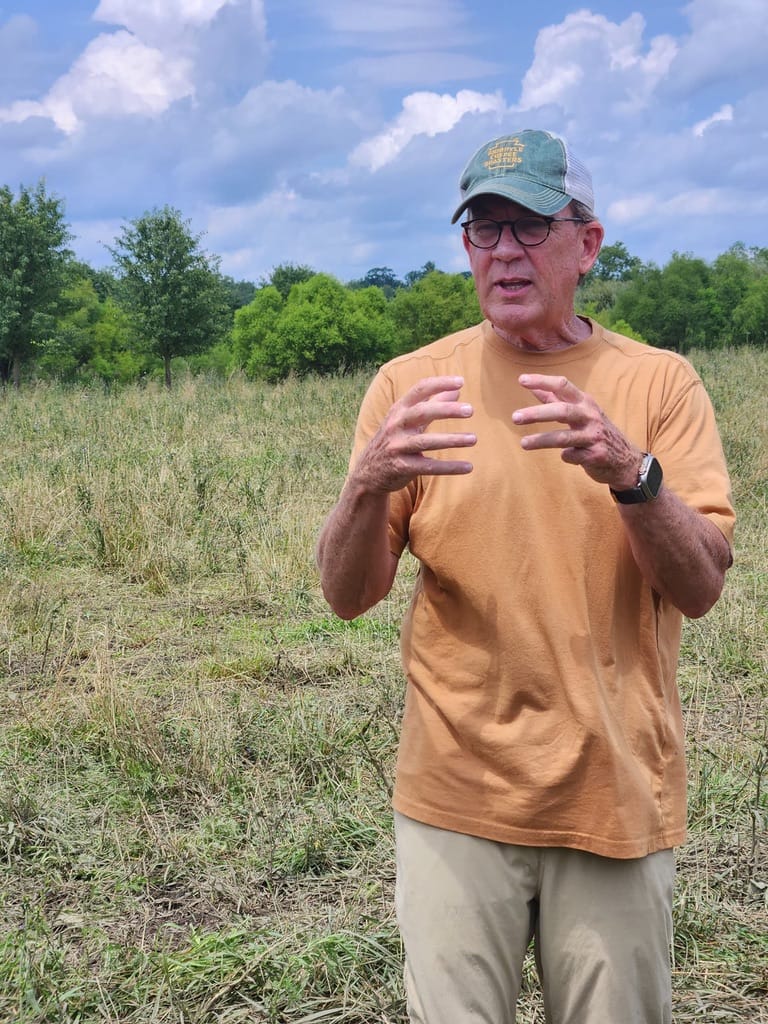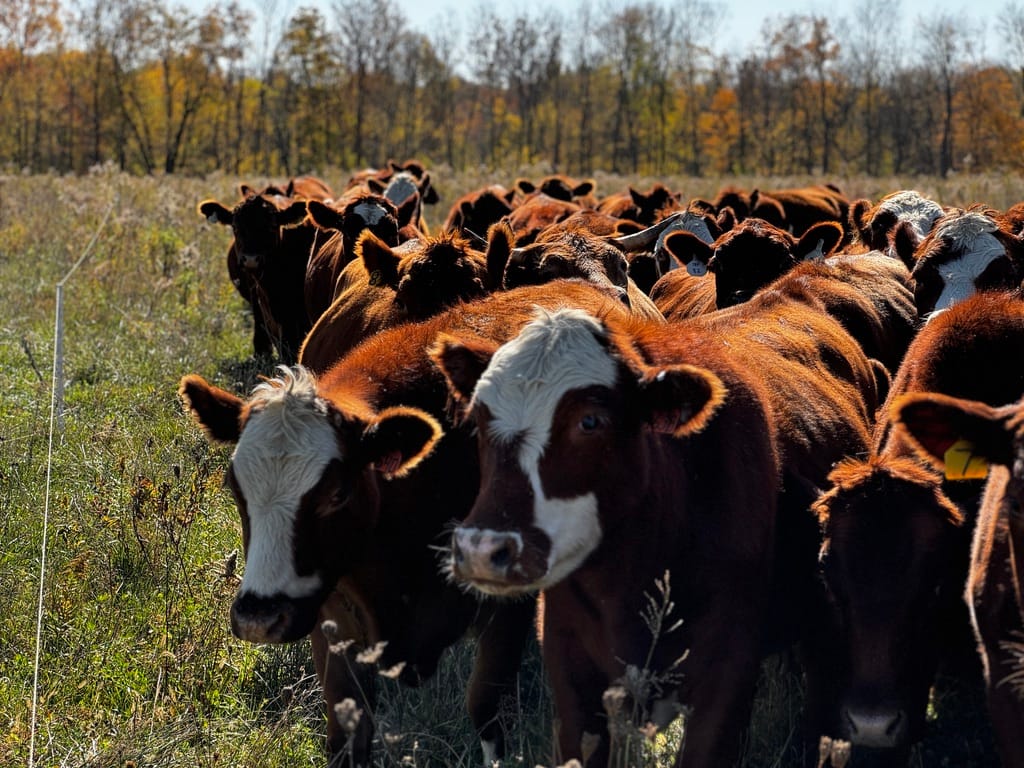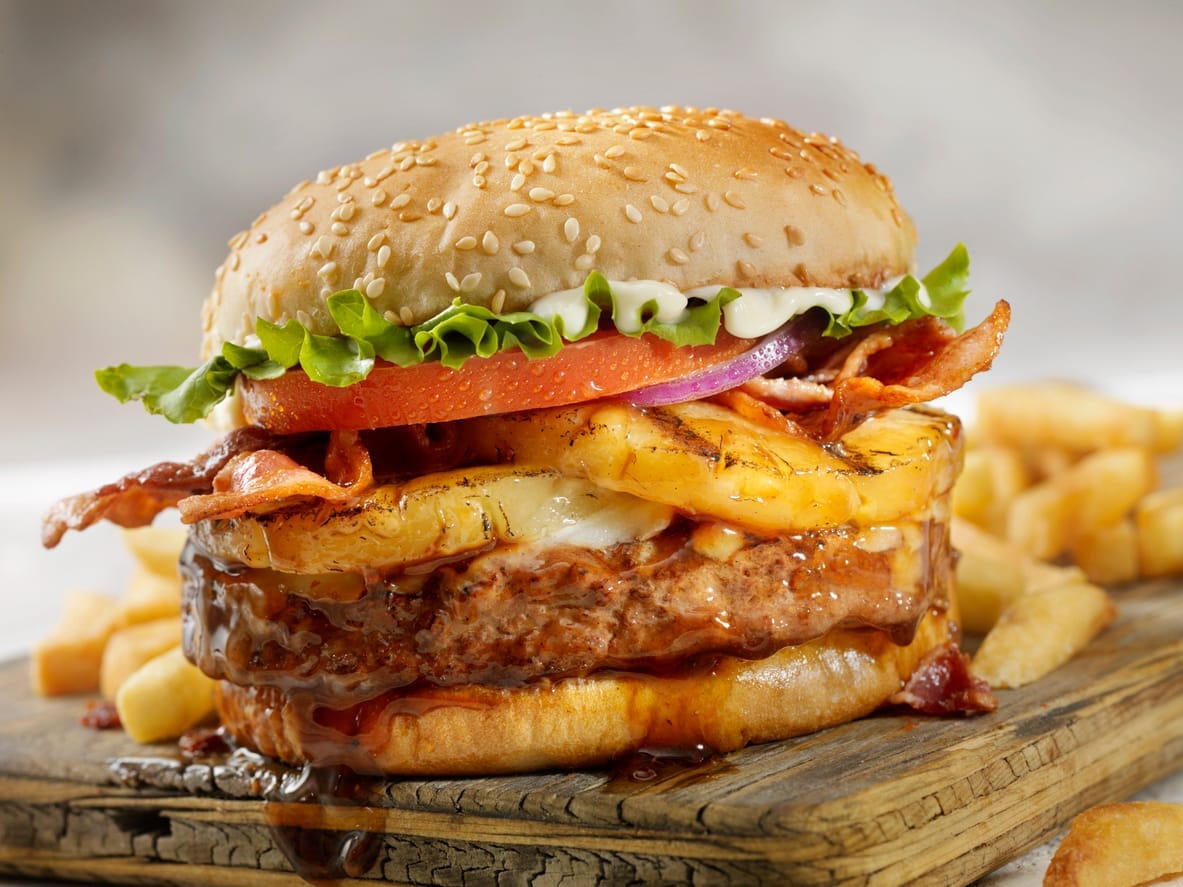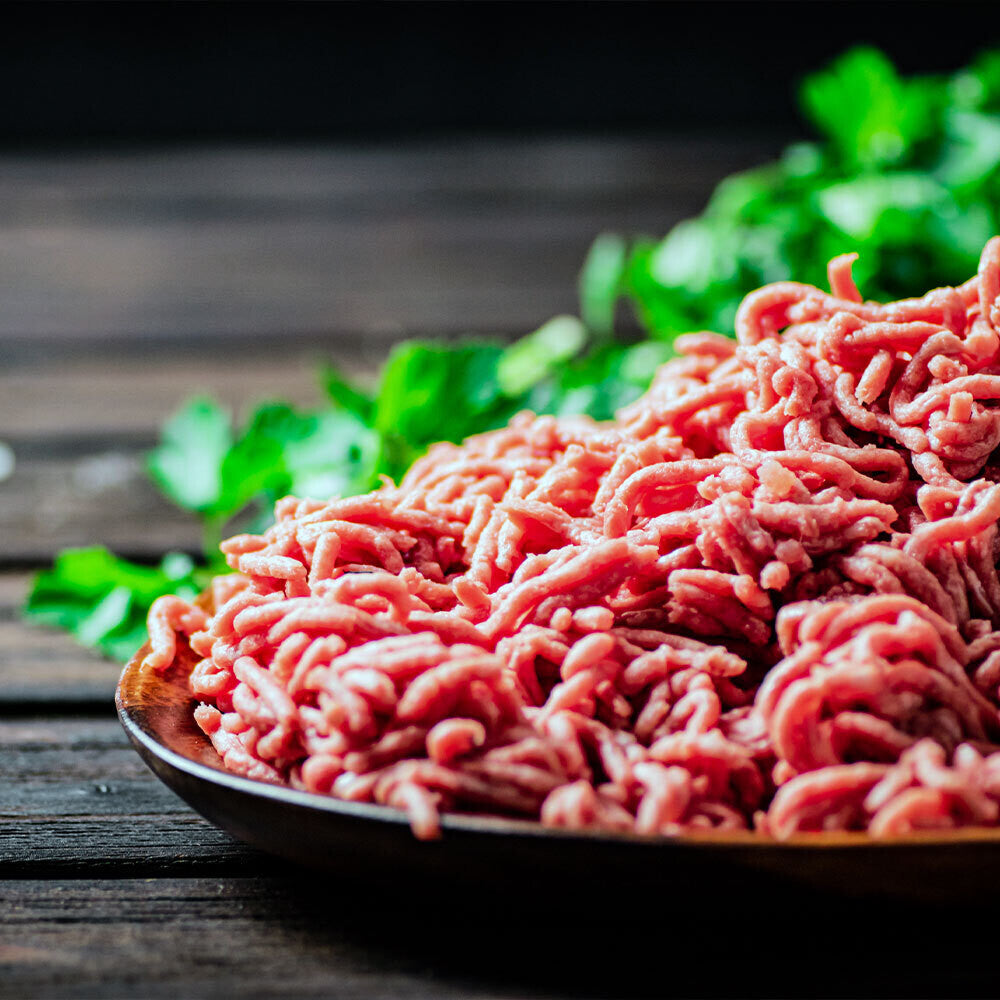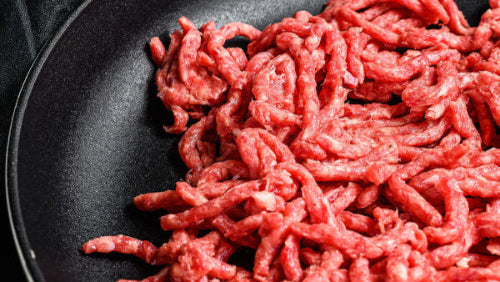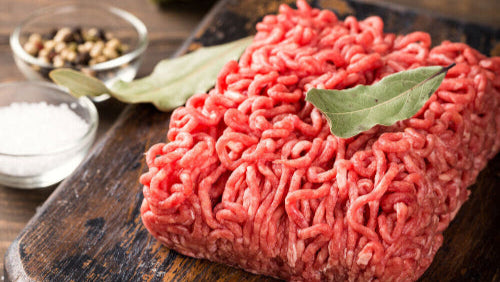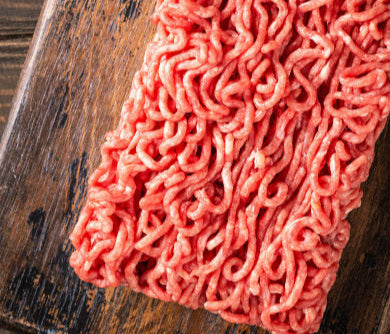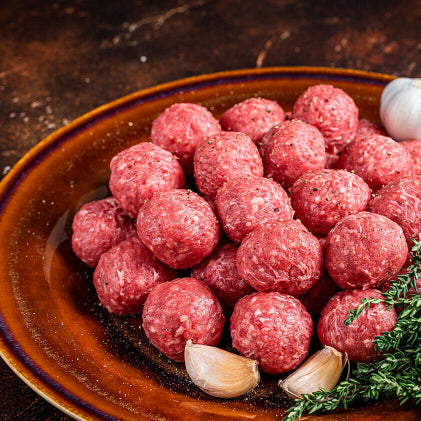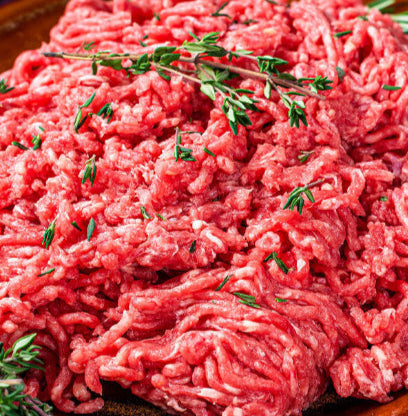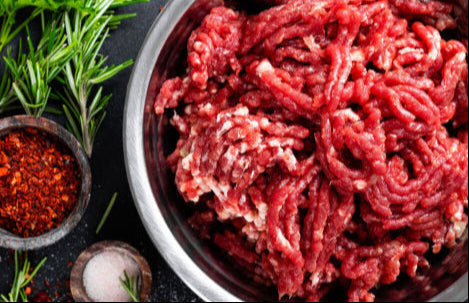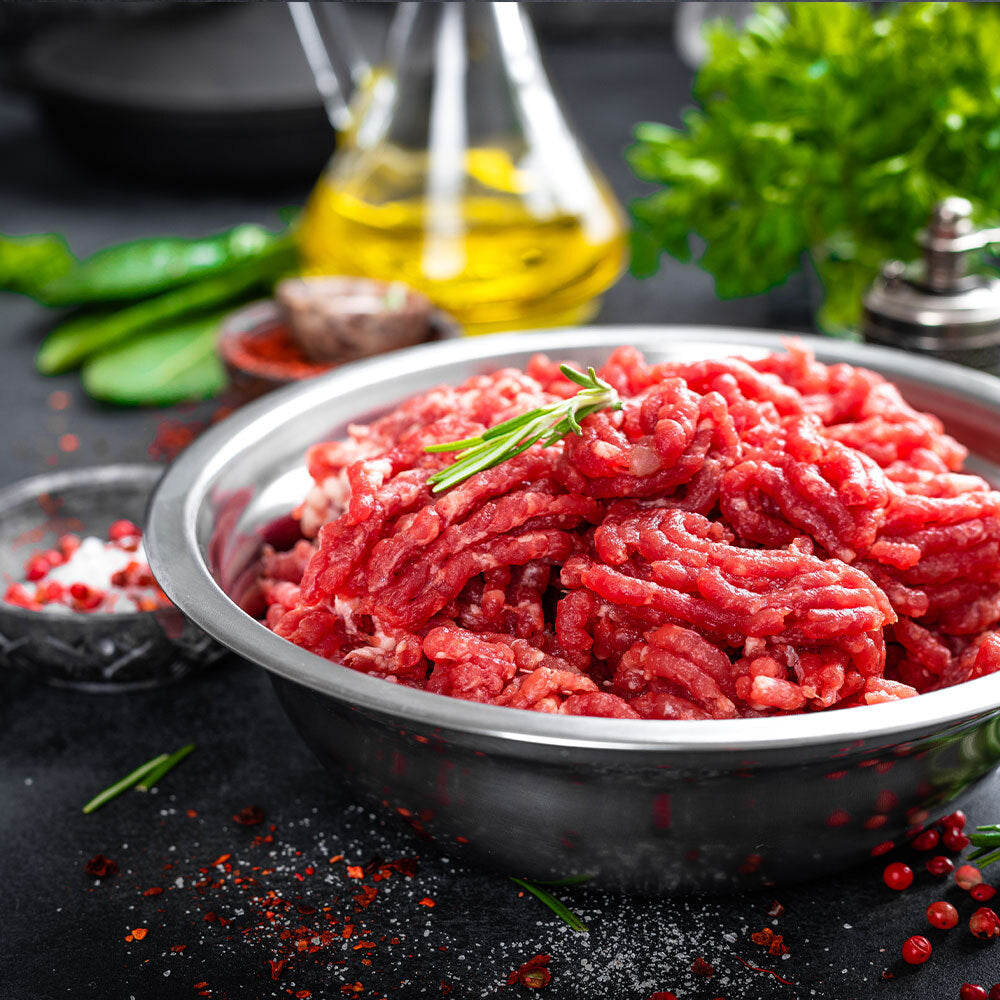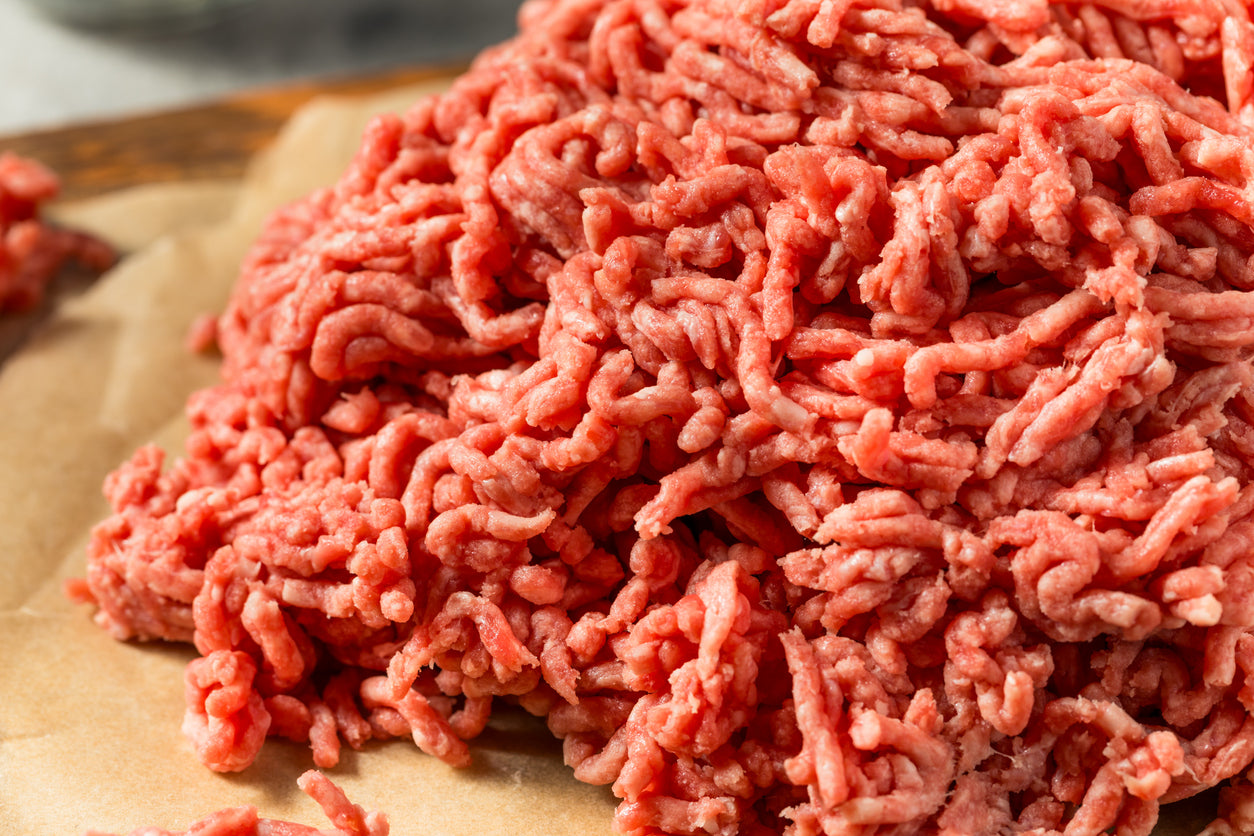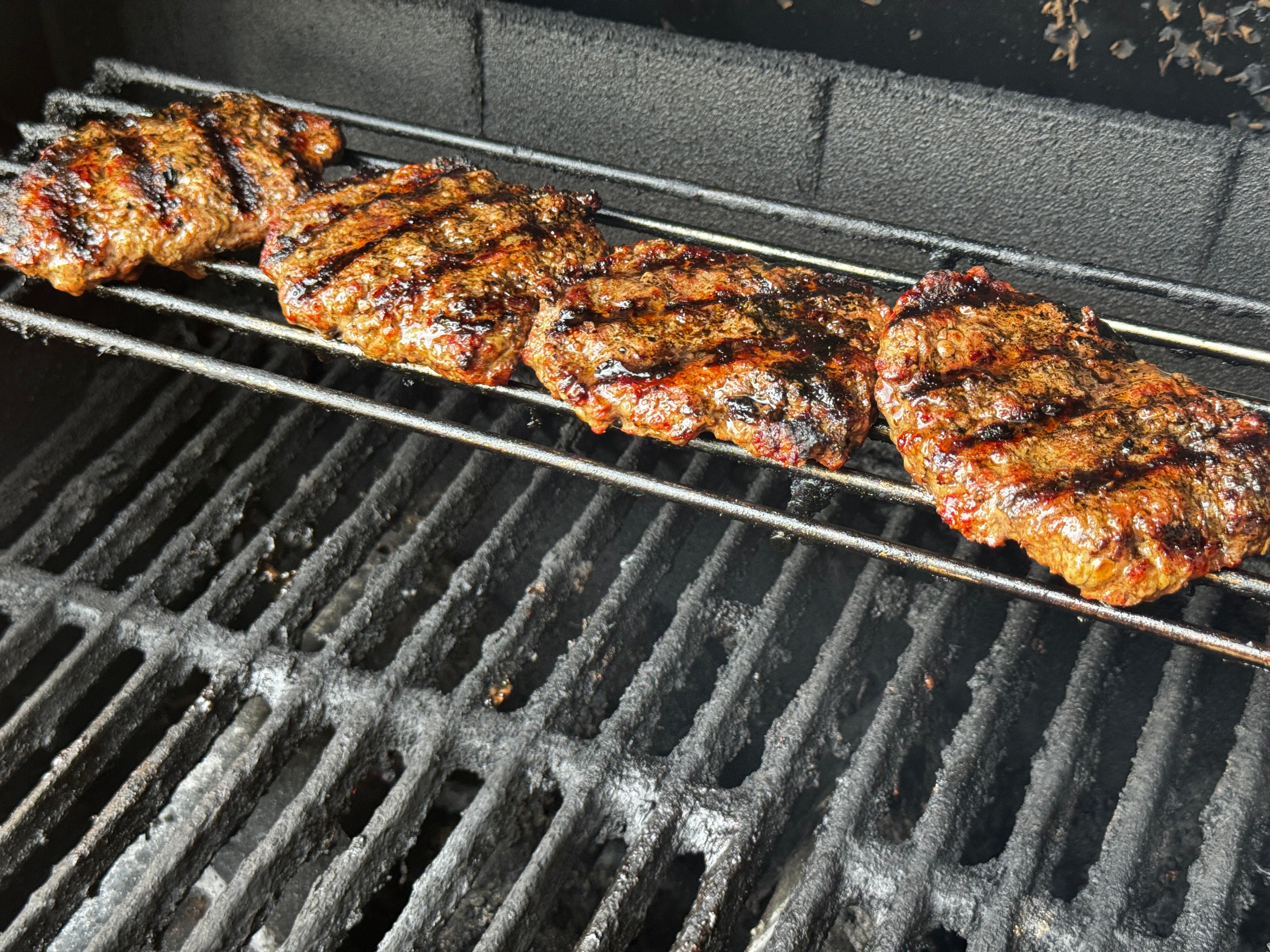
The Truth About Grass Fed Beef: Busting the Common Myths
Greetings. I'm Chris Baggott, the founder of Tyner Pond Farm, and I have dedicated a significant part of my life to the cause of regenerative agriculture and sustainable farming practices. At Tyner Pond, our mission is to produce wholesome, nutrient-dense grass fed beef while making a positive impact on our environment.
Sadly, there is a lot of misinformation about grass fed beef circulating around. Today, I want to dispel these misconceptions, cut through the noise, and provide you with the unvarnished truth.
 Indiana Grass Fed Beef
Indiana Grass Fed Beef
 Indiana Grass Fed Beef
Indiana Grass Fed Beef
Myth #1: Grass Fed Beef Has a Less Appealing Flavor
One of the prevailing misconceptions is that grass fed beef lacks flavor when compared to grain-fed beef. Nothing could be farther from the truth. Grass fed beef possesses a robust and nuanced flavor, a testament to a life spent grazing freely on diverse pastures. Each bite offers more than just sustenance; it provides a taste of the land itself. However, there is a trick to cooking grass fed beef due to its lower fat content and lower melting point. But fear not, we have a wealth of resources available, including tailored recipes and cooking guidelines to help you master the art of preparing grass fed beef. With some practice, you will soon appreciate the deep, unique flavors that only grass fed beef can offer.Myth #2: Grass Fed Beef Is Too Expensive
Yes, it's true that grass fed beef can be more expensive than conventional beef. However, this reflects the extra care, time, and resources invested in raising the cattle. We, at Tyner Pond Farm, follow holistic management practices to produce some of the world's finest grass fed beef. Our approach is not dictated by market trends or global supply chains. This provides a degree of price stability, unlike industrial farming models that are at the mercy of fluctuating commodity markets.Myth #3: Imported Beef is Just as Nutrient-Dense
Some may argue that grass fed beef imported from overseas offers the same nutritional value as local produce. However, the truth is, the nutrient density of meat begins to diminish as soon as it's processed. The vast majority of grass fed beef sold in the United States is imported. By definition, food traveling long distances will have lower nutritional values than local food. Supporting local farms like Tyner Pond ensures you're getting the freshest and most nutrient-dense beef possible.Myth #4: Buying Local Doesn't Make A Difference
Buying local has numerous benefits that extend beyond just the product. It strengthens the local economy, promotes community resilience, and contributes to food security. Every purchase from a local farm like ours is a vote for a more sustainable and resilient food system.Myth #5: Grass Fed Isn't Better For The Environment
This is perhaps one of the most concerning myths. Grass fed farming, when done correctly, is an act of environmental stewardship. At Tyner Pond, we practice regenerative agriculture, which enhances soil health and sequesters carbon. Our farm functions as a carbon sink, mitigating the effects of climate change, which is significantly different from the carbon emissions from fossil fuels. In conclusion, we have debunked common misconceptions regarding grass fed beef, illuminating its superior taste and nutritional benefits, as well as the substantial environmental advantages it presents. This knowledge empowers you to make informed decisions regarding your food consumption. Every choice we make about our food has far-reaching consequences. By opting for local, grass fed beef, you support sustainable farming practices, contribute to a healthier planet, and bolster a resilient local economy. I invite you to taste the difference today. Look at our selection of grass fed beef products at Tyner Pond Farm, and appreciate the distinct, rich flavor of our meat. As an added convenience, we offer complimentary delivery across Indiana. There's no better time than now to make a positive impact with your food choices. Thank you for investing your time in learning with us. Here's to wholesome food, robust health, and a sustainable planet.
Tags:
Previous post
Holistic Farming at Tyner Pond Farm: A Community-Centered Approach with Global Relevance
Next post
